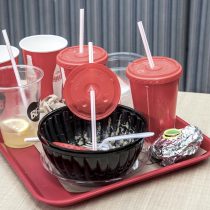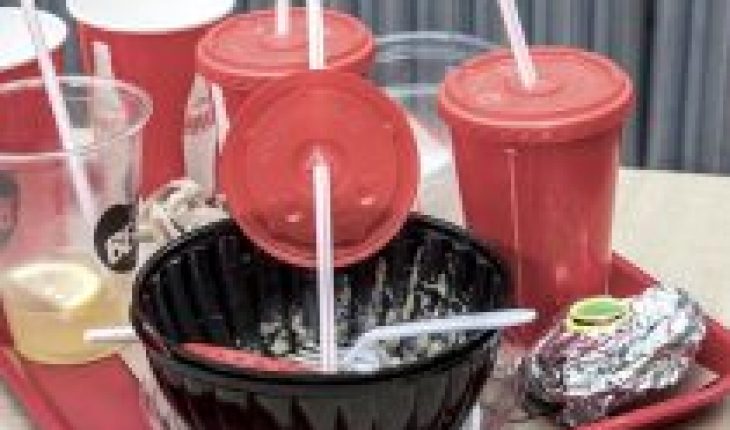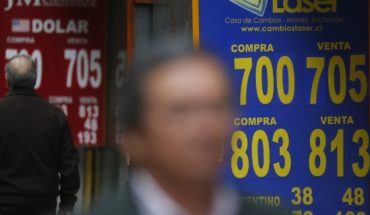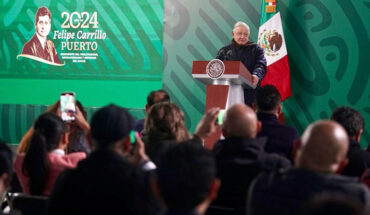
Currently, the law regulating the delivery of disposables in the trade and which includes, among other points, the prohibition on delivery services from delivering food in disposable plastic containers, being able to use only plastics that are compostable, that is, that can become fertilizer for the land, is currently being discussed in Congress.
The project is in its second constitutional process – in July it was approved by the Senate – and on November 4th the Committee on the Environment of the Chamber of Deputies generally approved the initiative.
“This bill, recently adopted unanimously unanimously in the Environment Commission of the Chamber of Deputies, will combat the indiscriminate use of plastic, driving a reduction of the huge amount of packaging made of this material, much more now in times of pandemic where they have been overcame by delivery. These elements are used for a very short time, but then take centuries to degrade,” said Environment Minister Carolina Schmidt.
It is estimated that about 170 million home food orders were ordered each year as of 2018, with a significant upward trend. Considering the size of the plastic food packaging used to transport food, it is estimated that these could cover the area of 309 football pitches.
Uber Eats general manager in Chile Marco Nannipieri commented that they are “committed, together with our community of users and restaurants, to reduce 50% of orders with plastic cutlery throughout Latin America. We have launched initiatives such as “Choose Green”, which was born in Chile, to raise awareness among users not to order single-use plastics in their orders, and to restaurants not to ship them if they do not need to. Today, the 3,000 restaurants associated with Uber Eats in Chile deliver their deliveries without plastics or light bulbs”
Minister Schmidt added that “plastic pollution is one of the main environmental problems we face in the world today. We estimate 8 million tons of plastic ending up in the ocean each year and there are already five plastic islands in the different oceans of the planet. This, coupled with the large number of microplastics that are reaching our shores, being consumed by fish and, through them, by us, tells us about the urgency of advancing this matter.”
The project regulates single-use products delivered to restaurants, casinos, social clubs, cooks, soda fountains, coffee shops, tea room, bakeries, bars, or other similar venues that market prepared food.
In turn, the products they regulate are cups, cups, bowls, cutlery (fork, spoon, knife), chopsticks, wells, mixers, bulbs, dishes, boxes, glasses, prepared food containers, trays, sachets, individuals and non-bottle caps, as long as they are not reusable.
If consumption is within the property, the delivery of single-use products, whatever material they are composed of, is prohibited, so only reusable products can be used.
This law will also oblige supermarkets or warehouses to always offer returnable beverage options and will be required to receive the consumer’s packaging. In addition, for disposable bottles, they will be required to include percentages of plastics collected and recycled within Chile in order to incentivize a circular economy.





